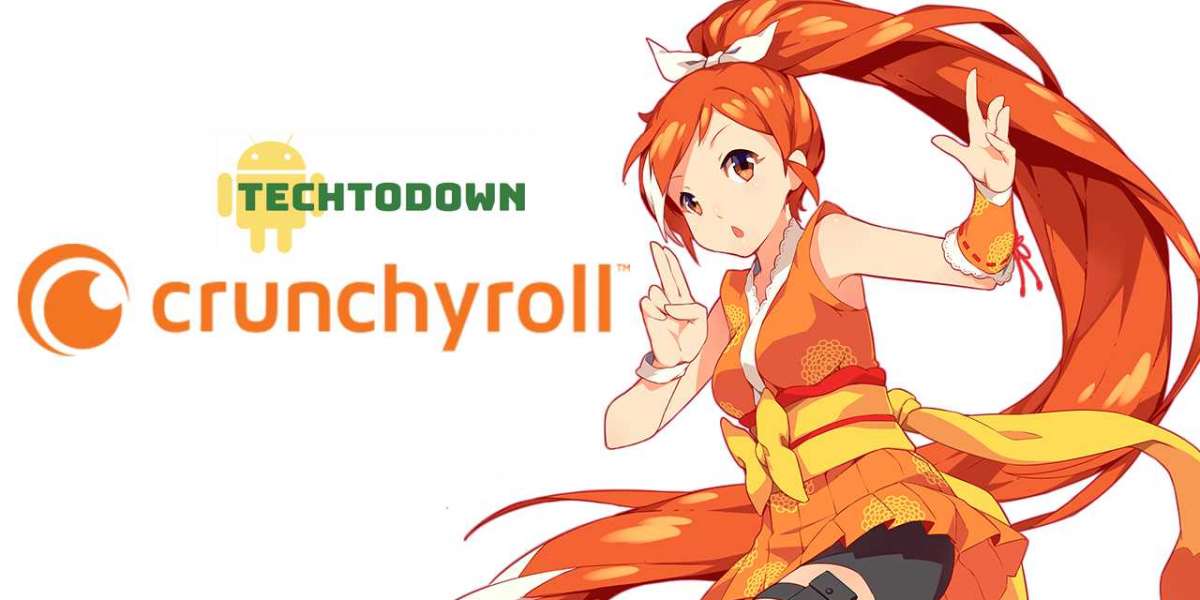In a way, for a few years, the platform mimicked how YouTube worked, even in the way it warned users to avoid content protected by copyright. However, like YouTube, it was through this methodology that it shielded itself for many years from legal problems and through which it managed to grow enough to attract investors and partners willing to help the brand transform itself into a legal platform.
There are many important points in platform life. In the timeline below, however, I have tried to filter out only those that I think are really worth highlighting, given the level of impact on their development:
2008: Receives the first major investment, with which it took the first steps towards the legalization of the service. It continued to allow illegal uploading of content;
2009: Forms a partnership with TV Tokyo, a Japanese television channel, where it has committed to remove all illegal content, allowing it to broadcast episodes of Naruto Shippuden;
2010: Acquires distribution rights, in physical form, to Makoto Shinkai's 5 Centimeters Per Second anthology.
2013: Creates a partnership with Kodansha (one of the biggest manga publishers), aiming to distribute popular titles such as Attack on Titan and Fairy Tail;
2013 to 2016: In this period of time Crunchyroll was acquired in different ways, by different groups. What seems to me most important to highlight is the acquisition by Otter Media, the current majority shareholder, because it is the daughter company of the powerful multinational Warner Media (the same parent company of DC Entertainment, Cartoon Network, Adult Swim, from CNN, and, most importantly for this article, it's the parent company of HBO, which I'll talk about later);
2016: Creates another important alliance, this time with Kadokawa (manga and video game publisher such as Neon Genesis Evangelion), with which it co-finances anime production;
2016: Announces intentions to enter the dubbing universe and forms a very unlikely alliance with Funimation (a company similar to Crunchyroll, but which offers exclusively dubbed anime). The intention was to make available to subscribers of each platform simultaneously dubbed and subtitled content, as well as in anime titles that Crunchyroll produced the dubbing;
2017: It reaches the first million subscribers to the premium service . Starts distributing anime inside Steam;
2018: End of Crunchyroll+Funimation partnership. Sony Pictures Television acquires Funimation and ATT acquires Otter Media, in addition acquiring Crunchyroll, prematurely ending the alliance between the two companies;
2018: Otter Media, the majority shareholder, lacking only the 20% of Crunchyroll that was distributed by TV Tokyo and other investors, acquires 100% of Crunchyroll. The platform officially becomes the daughter of Warner Bros.;
2019: Allies with another publisher, this time Viz Media (responsible for licensing Shueisha titles in the West, such as Dragon Ball and Demon Slayer), ending up, this year, becoming the majority shareholder of Viz Media Europe Group;
2019: Crunchyroll makes one of the most interesting moves in its entire lifetime and partners with WEBTOON, a Korean comic band portal, to produce anime adaptations of titles available on the portal, such as Tower of God, The God of High School and Noblesse;
2020: The first rumors surface that Sony would be interested in buying Crunchyroll from WarnerMedia for approximately 1.3 billion euros...
All this takes us to October 2020, the month that delivers the news that Sony is in the final negotiations that could result in the total acquisition of Crunchyroll, but for a lower amount than initially disclosed: 822 million euros.
Before moving on to preview, then I want to talk a little bit about HBO. Isn't it strange that WarnerMedia, already having its own streaming service, sells a product that could be included in its catalogue? It is possible that Warner has ruled out anime as a source of lucrative entertainment, after all (as far as I know) not even the anime series broadcast on Adult Swim were included on HBO. The conflict of licenses doesn't seem like a big impediment to me, if they have Crunchyroll, they have most of the broadcast licenses.
In any case, by rejecting this content and making this sale, HBO loses a whole community of potential subscribers to other services, such as to Netflix, which is increasingly betting on anime.
HBO could lose a battlefront here, leaving it with cartoons to fight the animations present in the Disney+ catalog, or to fight Netflix's growing bet on anime originals.
You can download Crunchyroll free at crunchyroll apk









